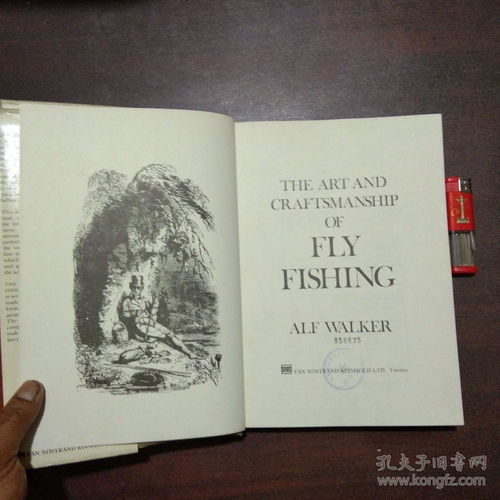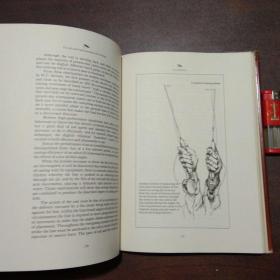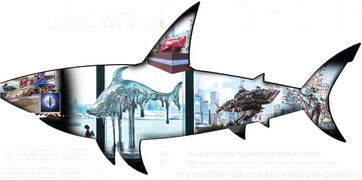Content:
Introduction: Fishing is an ancient pastime that has been enjoyed by people across the globe for centuries. Whether you're looking to unwind, connect with nature, or simply catch a few fish for dinner, learning the basics of fishing can be a rewarding experience. For the busy worker, finding time to learn the art of fishing can seem daunting. However, with a few tips and techniques, even the busiest of professionals can become proficient anglers. In this article, we'll explore how to learn the art of fishing, focusing on practical advice for the time-strapped worker.
Start with the Basics: Before you can master the art of fishing, it's essential to understand the basics. Begin by familiarizing yourself with the different types of fishing rods, reels, lines, hooks, and lures. Research the types of fish you're interested in catching and the best methods for attracting them. A good starting point is to join a local fishing club or community group where you can learn from experienced anglers.
Invest in Quality Equipment: As a beginner, it's important to invest in quality equipment that will serve you well. A good fishing rod and reel combination can make a significant difference in your success. Look for a rod that is comfortable to hold and a reel that is easy to operate. Don't skimp on the line, as a high-quality line will be more durable and less likely to break. Hooks and lures should also be of good quality to ensure you can attract the fish you're targeting.
Learn the Basics of Casting: Casting is a fundamental skill in fishing and is essential for reaching your desired fishing spots. Practice casting in a large, open area to get a feel for the motion and weight of your equipment. Start with short casts and gradually increase the distance. Remember to keep your wrist relaxed and use a smooth, continuous motion to cast effectively.
Understand Fish Behavior: To be a successful angler, it's crucial to understand the behavior of the fish you're targeting. Study their feeding patterns, migration routes, and preferred habitats. This knowledge will help you determine the best times and places to fish. Additionally, learn about the local fish species and their habits, as this will allow you to tailor your approach accordingly.
Develop Patience and Persistence: Fishing requires patience and persistence. Don't get discouraged if you don't catch fish right away. The more you fish, the better you'll understand the nuances of the sport. Spend time observing the water and learning from your mistakes. Remember that fishing is as much about the experience as it is about catching fish.
Join a Fishing Community: Connecting with other anglers can provide invaluable insights and support. Joining a local fishing club or online community can help you learn from experienced anglers, share tips and tricks, and stay updated on the latest fishing news. Don't hesitate to ask for advice or join group fishing trips to gain hands-on experience.
Focus on Safety: Safety should always be a top priority when fishing. Before heading out, make sure you have the necessary safety gear, such as a life jacket, first aid kit, and a whistle. Familiarize yourself with the local regulations and be aware of your surroundings to avoid potential hazards.

Keep Learning: The art of fishing is vast and ever-evolving. Continuously seek out new techniques, methods, and equipment to improve your skills. Attend workshops, read fishing magazines, and watch instructional videos to stay up-to-date with the latest trends and best practices.
Conclusion: Learning the art of fishing can be a challenging but rewarding endeavor, especially for the busy worker. By starting with the basics, investing in quality equipment, understanding fish behavior, and developing patience and persistence, you can become a skilled angler. Don't forget to connect with the fishing community and focus on safety. With time and practice, you'll be well on your way to mastering the art of fishing and enjoying the many benefits it has to offer.












